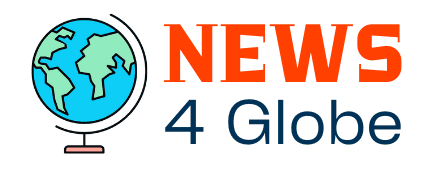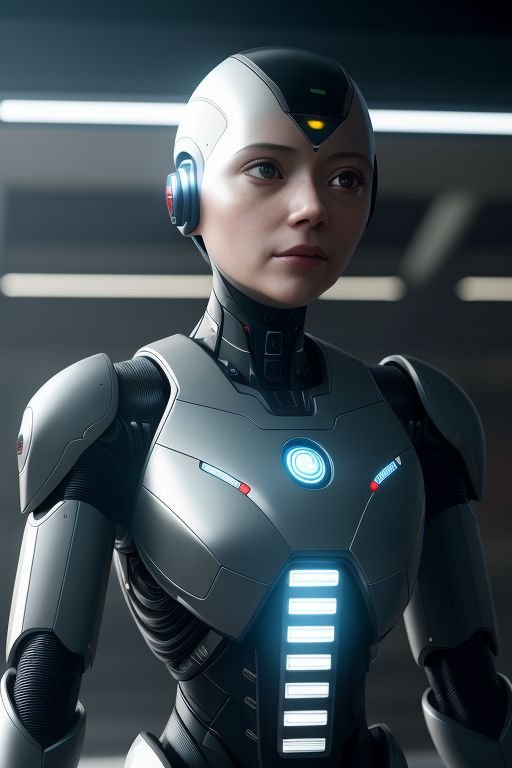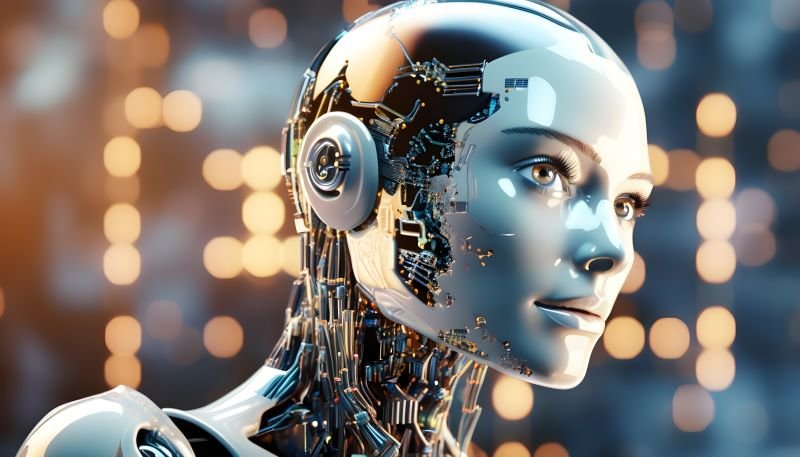In brief, AI (Artificial Intelligence) is a program or device created to support human intelligence. Its abilities are vast and used in almost every sector, from business planning to writing correspondence with ease. Though artificial intelligence in 2030 may become global, it’s unlikely it will fully dominate the world by then. However, its potential impact on the economy ($5.2 trillion USD) and various sectors, such as communities and organizations, could be immense.
1] AI Is Not Just A Robot
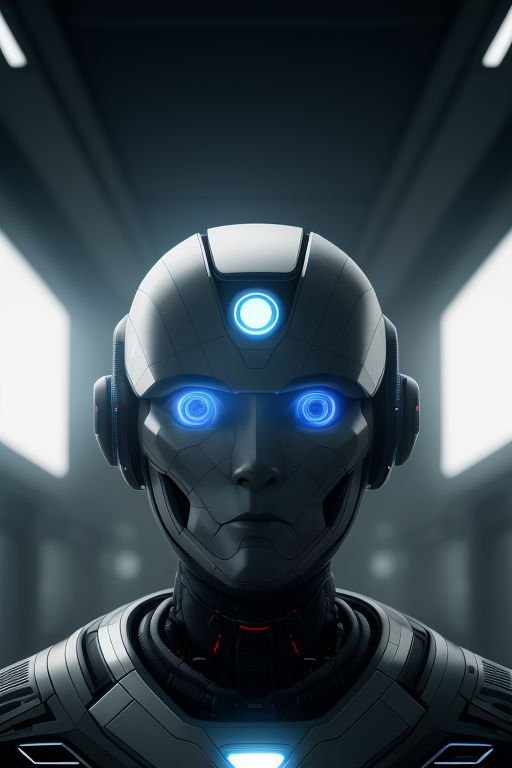
First of all, let me define AI; it is not just a robot; it is an intelligence demonstrated by a machine. We are surrounded by AI everywhere, from our smartphones to personal computers. Even when we shop online, AI plays an important role by showing only items that are relevant to us, suggesting movies when we are planning to watch a movie, and helping us find the quickest routes. Nowadays, it can also help doctors identify the illness by going through symptoms and suggest curing methods efficiently.
2] AI Can Change The Way We Work
We have just begun to explore what AI can do for us in the future. AI can transform the working of many industries, like making business plans, writing research plans, creating presentations, making our schedules, and much more. AI can also automate the tasks that we perform over and over on a daily basis. AI can understand our workflow and give an efficient way to organize our work and work in a proper manner. AI can be a dependable and trustable resource in the near future.
3] AI In Machine Learning
Machine learning is the most useful and popular AI technique for data analysis and is used in many areas. Through the utilization of machine learning, we have the capability to generate novel algorithms and enhance existing ones for resolving issues, including advancing prior machine learning algorithms with new innovations. The potential within AI and machine learning is boundless. Machine learning constitutes a branch of AI that can be instructed to execute specific duties continuously until its performance is comparable to human-like outcomes.
4] AI In The Healthcare Sector
Currently, AI is used to establish medical diagnoses. Over the coming years, AI is poised to outstrip human experts in terms of both speed and accuracy. Drawing on vast data sets from millions of patients, these systems will be able to pick up patterns that elude even highly trained humans. In addition, they’ll boast a remarkable ability for targeted decision-making through an incredibly sharp analysis of individual health records, lifestyle factors, and family backgrounds alike – all areas where human expertise can fall short.
5] AI As An Overpowered Tool
Will AI dominate the world by 2030, then? This probably is not what some fear. AI is more likely to be a powerful tool we will use to enhance our lives. It can transform the way we work and reduce our efforts, making regular tasks automated to prepare writing content easier. It is about responsibly harnessing the potential of AI and making sure it works in all people’s best interests.
6] Future Possibilities
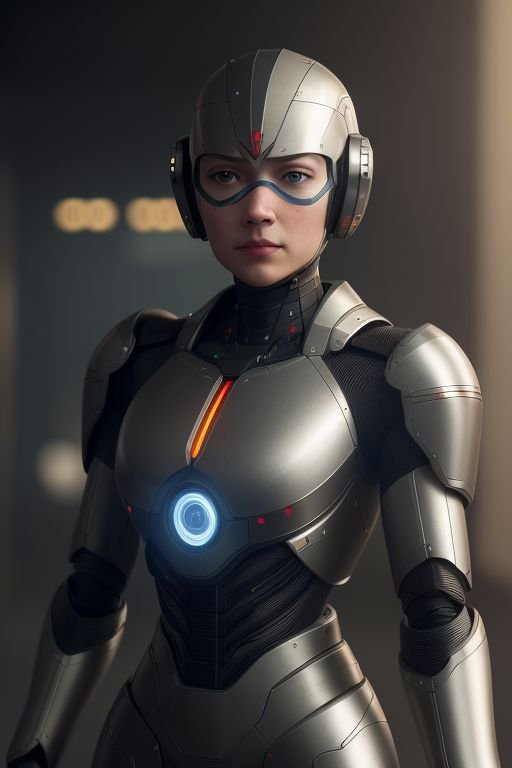
As we come closer to 2030, the future of AI is not merely a question in technology but rather that of society itself. It’s really about adoption, how we incorporate this technology into our world and leverage it to overcome the problems with which we struggle. 2030 brings a world where AI is used properly and improves our lives in ways we can just start to dream.
Conclusion
However, there are concerns. AI must be used wisely. These are privacy, security, and ethical use. We need to ensure that the benefits of AI are spread across everyone and not just a few selected people. As time goes on, AI evolves into a highly efficient tool through machine learning and effectively solves various challenges for individuals or organizations. Despite being omnipresent by 2030, AI won’t assert its control over the world in any way.
